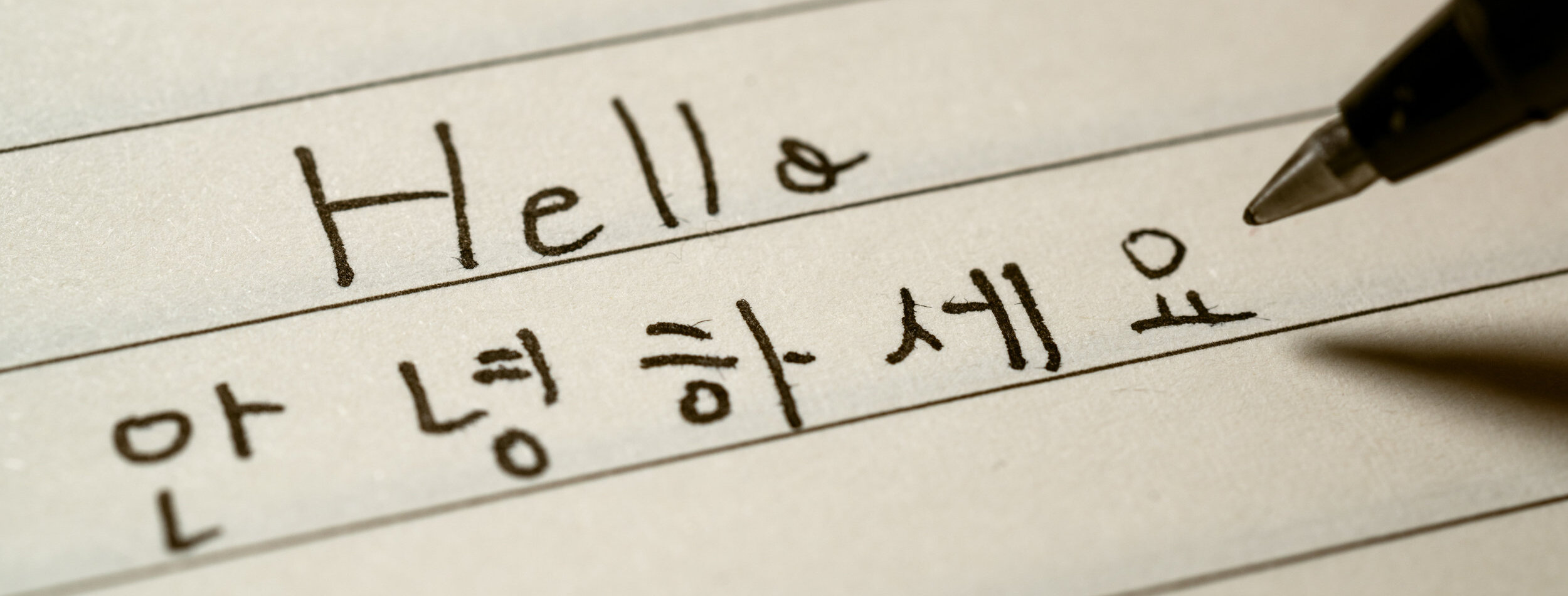
Image Source: Google
Unlocking Korean culture through translation requires a skilled translator who possesses a deep understanding of the language, history, and traditions of Korea. Translating Korean texts goes beyond just converting words from one language to another; it requires a nuanced understanding of the cultural context in which the text was written. A skilled translator must not only be proficient in both Korean and the target language but also have a keen awareness of the cultural nuances and differences that may exist between the two languages.
One of the key challenges in translating Korean texts is capturing the unique essence of Korean culture. The Korean language is known for its complexity and nuance, with various levels of formality and honorifics that convey subtle meanings. A skilled translator must have a deep understanding of these linguistic nuances to ensure that the translated text accurately reflects the original meaning and tone of the source material.
Furthermore, Korean culture is deeply rooted in tradition and history, with many concepts and ideas that may be unfamiliar to those from other cultures. A skilled translator must be well-versed in Korean history and traditions to accurately convey these cultural nuances in their translations. This includes being familiar with Korean customs, beliefs, and values that may be reflected in the text.
Another important aspect of translating Korean culture is understanding the impact of historical events and societal norms on the language and literature of Korea. Korea has a rich literary tradition that is deeply intertwined with the country's history, from ancient folklore and poetry to modern novels and plays. A skilled translator must be knowledgeable about Korean literature and be able to convey the unique literary styles and themes that are present in Korean texts.
Translating Korean culture also involves a deep understanding of the diverse range of art forms that have developed in Korea over the centuries. From traditional Korean music and dance to contemporary Korean cinema and pop culture, there are many different artistic expressions that play a significant role in Korean society. A skilled translator must be familiar with these various art forms and be able to convey their cultural significance in their translations.
One of the key qualities of a skilled translator is their ability to bridge the gap between languages and cultures, allowing people from different backgrounds to connect and understand each other. By accurately translating Korean texts and conveying the nuances of Korean culture, a skilled translator can help to promote cross-cultural understanding and appreciation. They play a crucial role in breaking down barriers and fostering communication between people of different languages and backgrounds.
